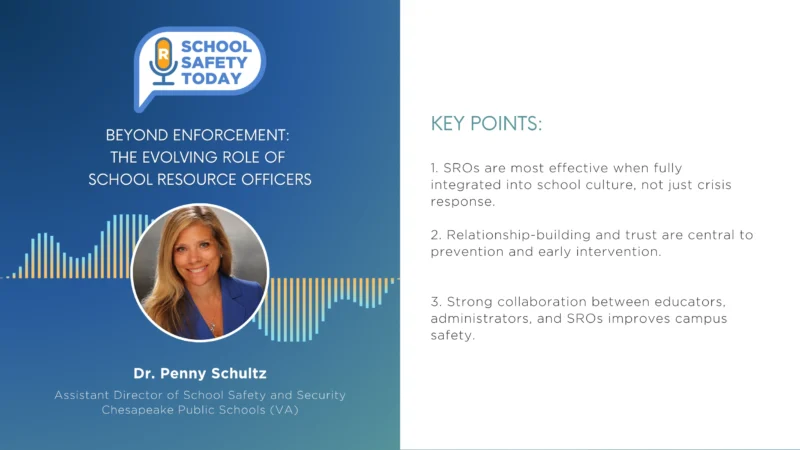Digital Defense: Addressing Cyber Threats in Education
Amidst the digital transformation of education, cybersecurity has emerged as a critical concern for schools worldwide. With technological advancements flooding the educational space, institutions face the daunting task of balancing innovation with the protection of sensitive data and digital infrastructure.
Cybersecurity in education extends beyond traditional measures to encompass the holistic well-being of students and staff. However, the integration of artificial intelligence (AI) introduces both opportunities and vulnerabilities, offering advanced threat detection capabilities while also presenting new challenges for cyber defense.
The transition to remote learning further complicates the cybersecurity landscape, with personal devices and cloud storage blurring the boundaries of network security. Emerging threats, including sophisticated ransomware attacks and supply chain vulnerabilities, pose significant risks to educational operations and data integrity.
To address these challenges effectively, schools must adopt proactive defense strategies and prioritize cybersecurity training and awareness programs. Fostering a culture of digital resilience is essential to empower stakeholders to recognize and mitigate cyber threats effectively.
A comprehensive approach to cybersecurity entails integrating robust security measures, regular updates, and collaborative partnerships with cybersecurity experts. By leveraging collective expertise and staying vigilant, educational institutions can navigate the complexities of cybersecurity and safeguard their digital assets effectively.
As education continues to embrace digital innovation, cybersecurity remains paramount in ensuring the integrity and security of educational environments.




